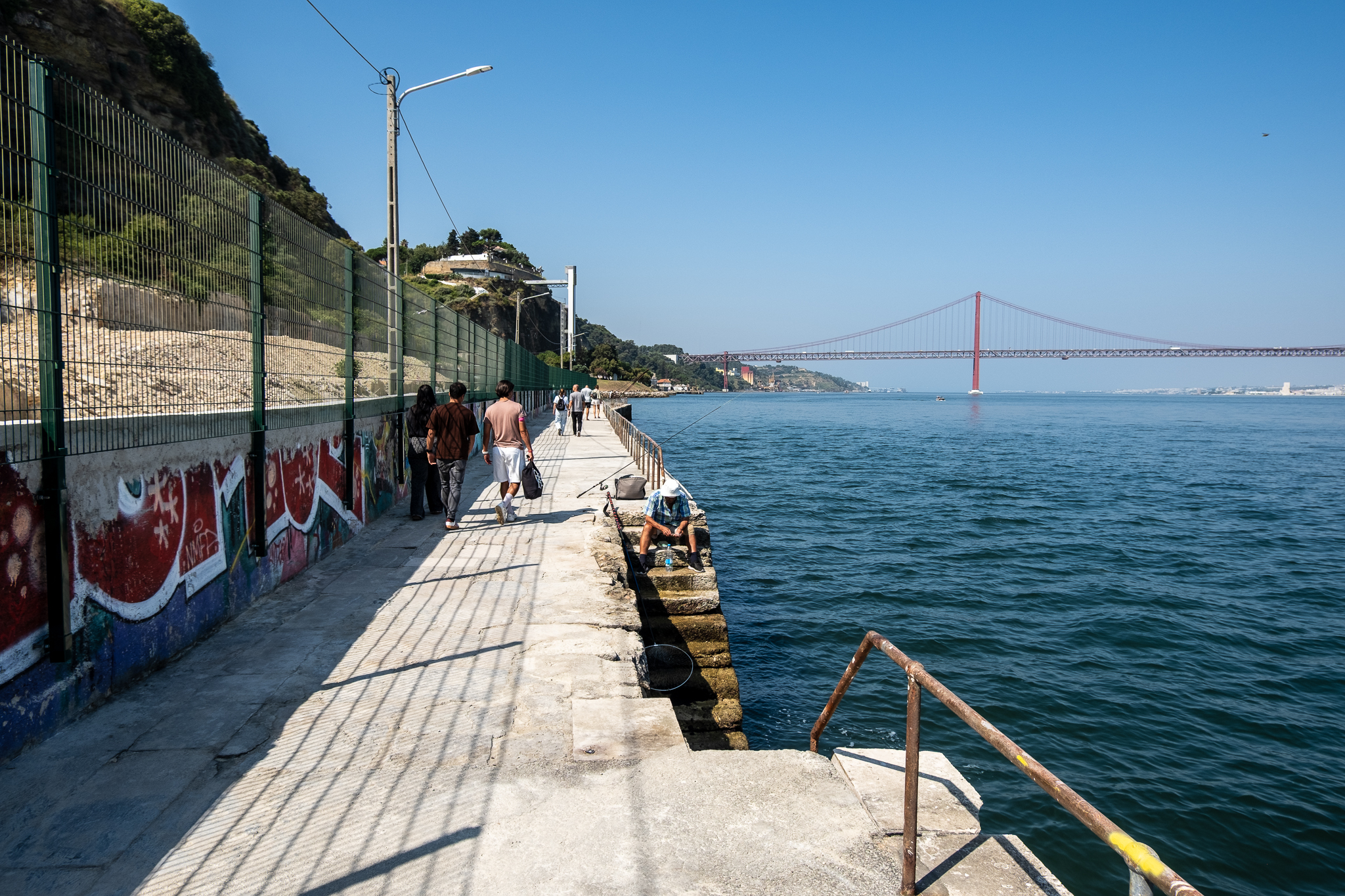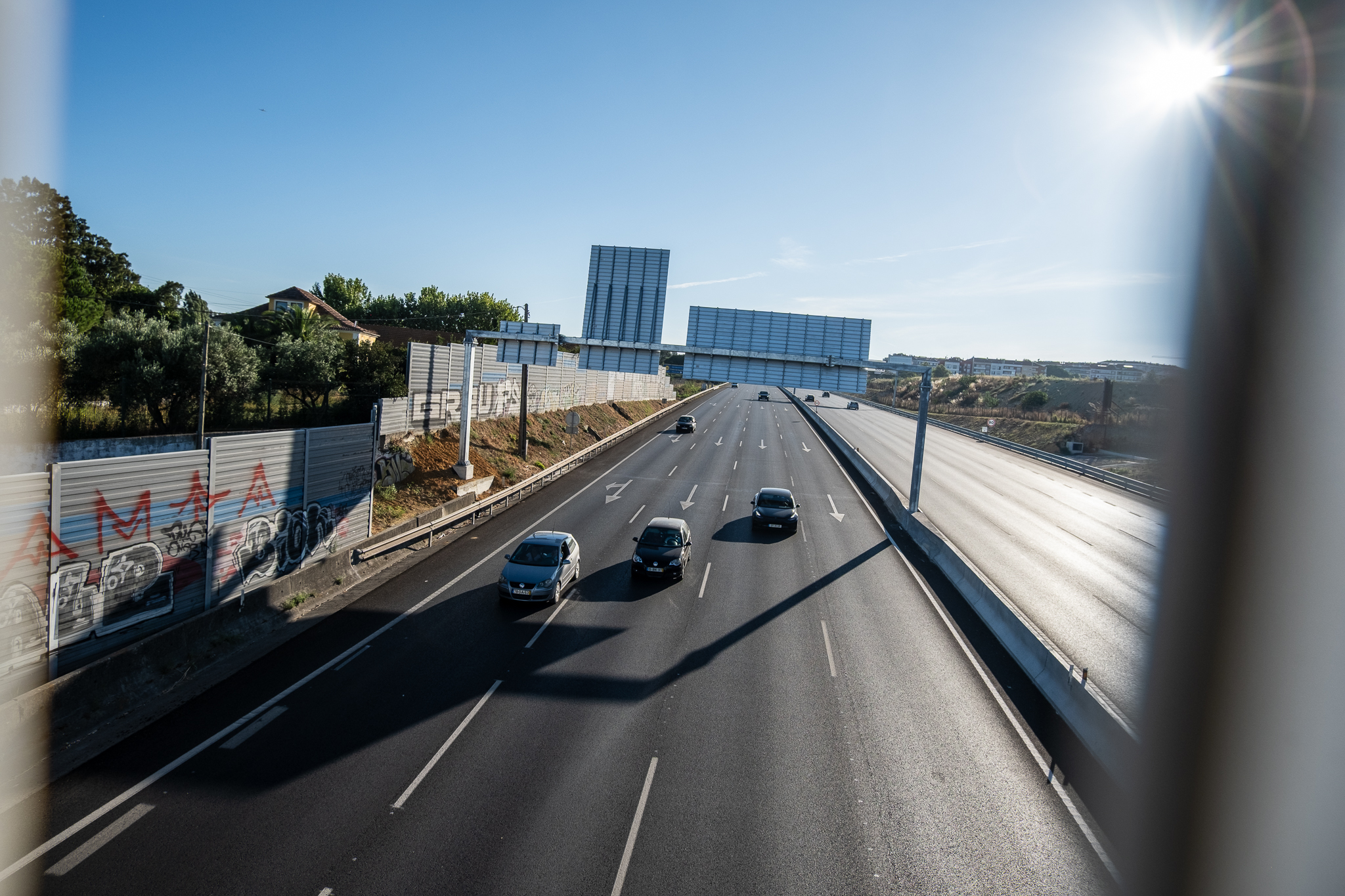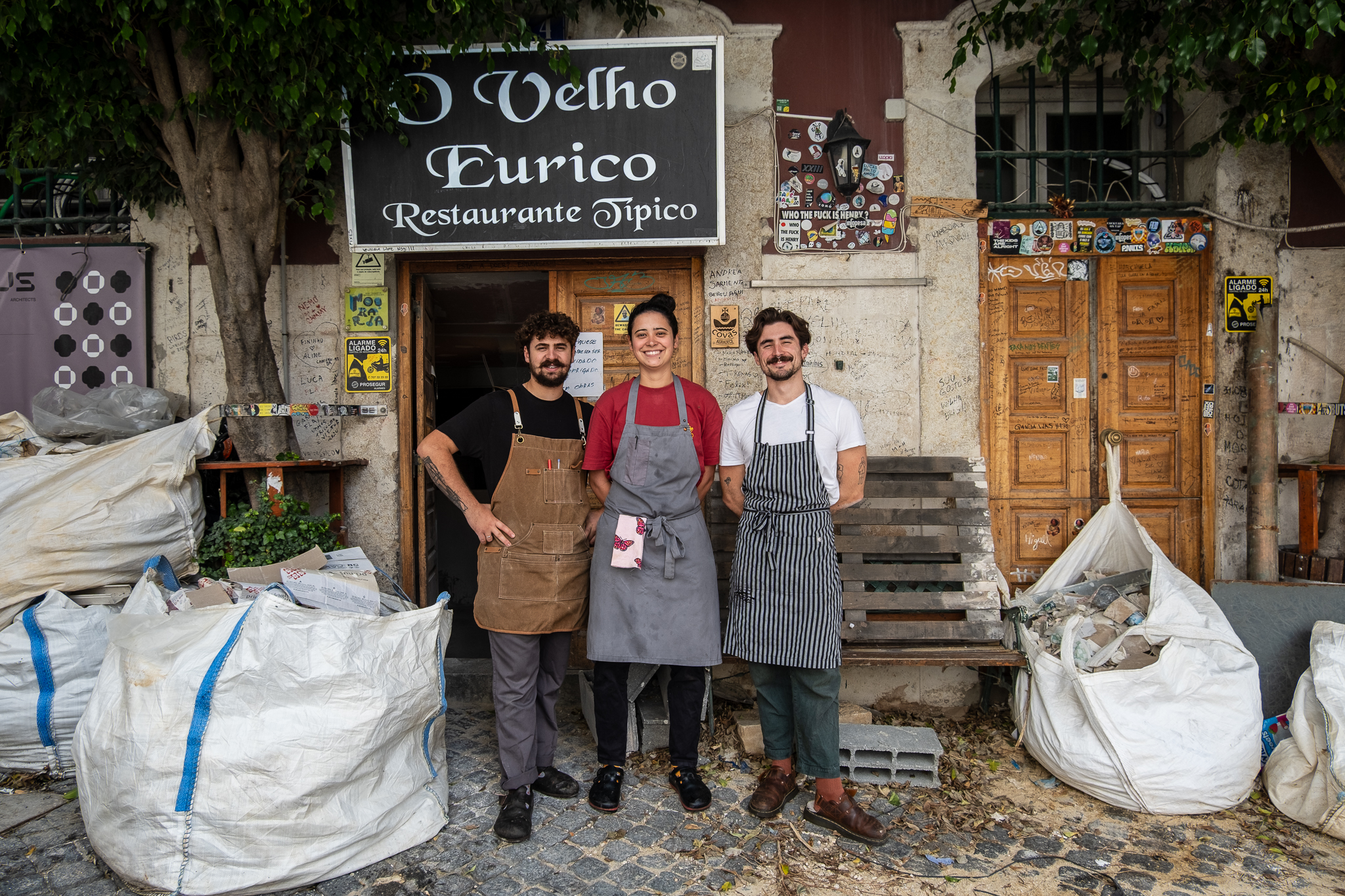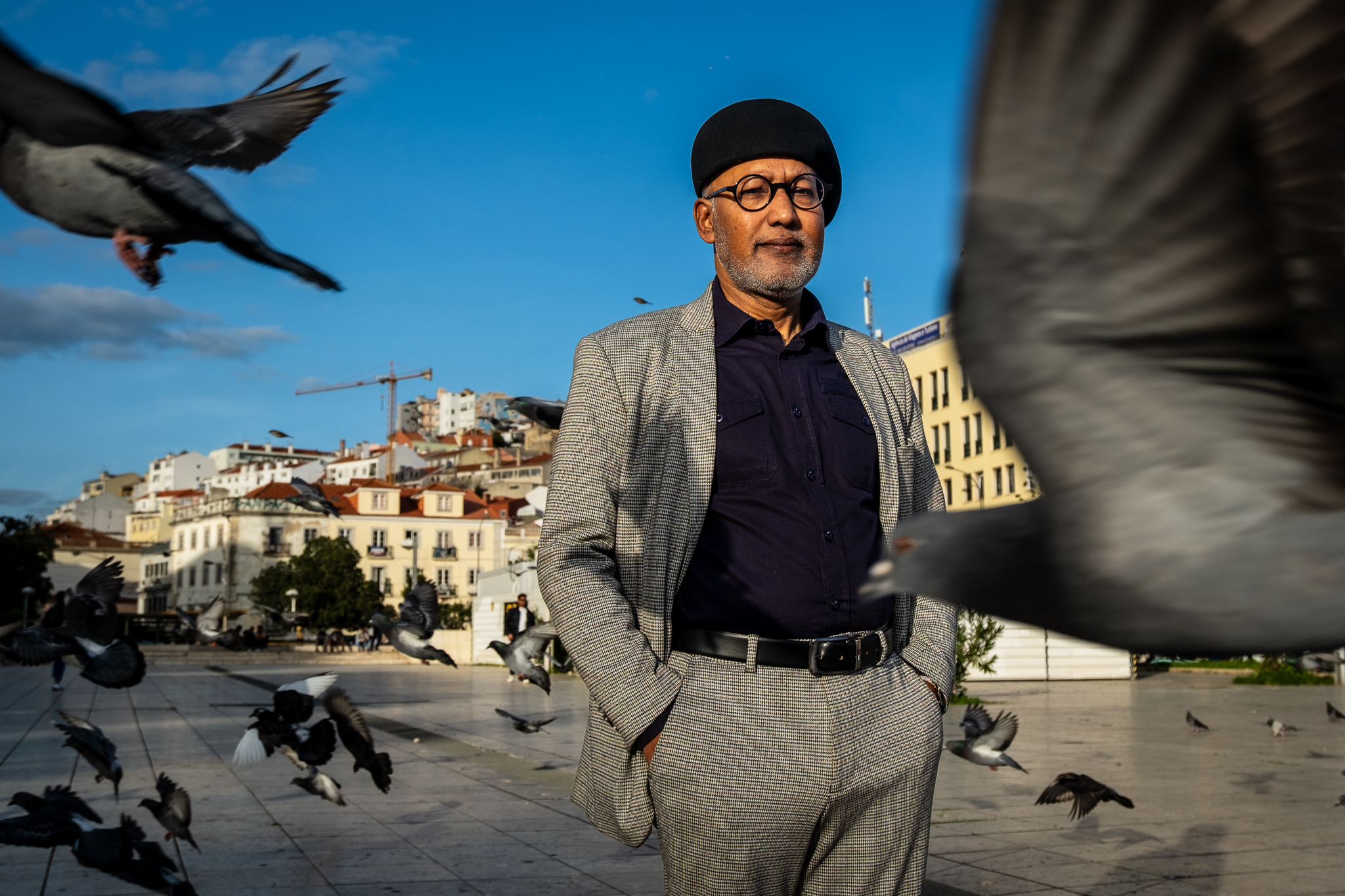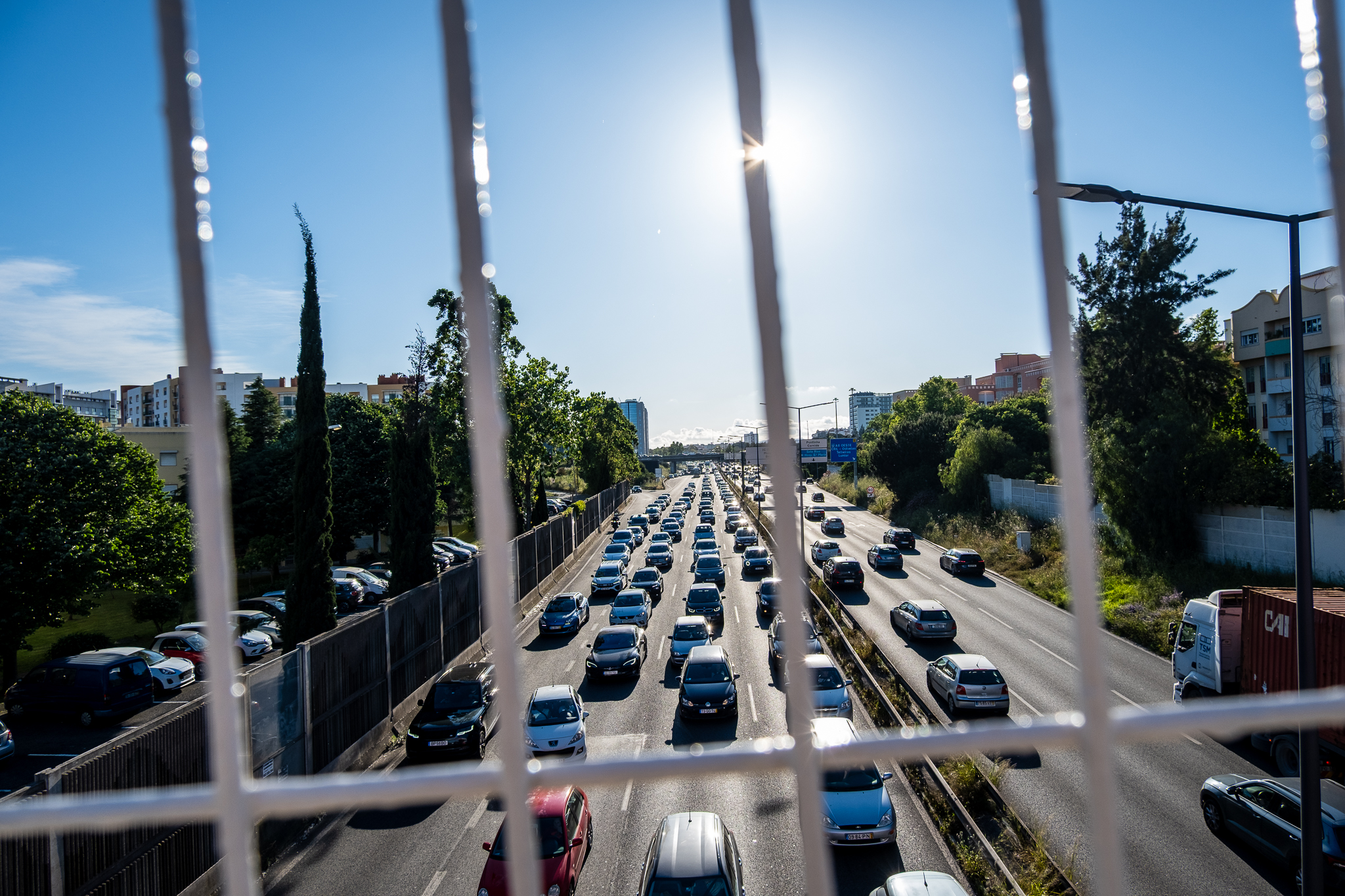The Lisbon City Council approved, this week, the return of the Bicycle Trains next year, the creation of cycle workshops in schools and also the launch of a public tender to implement the Sustainable Urban Mobility Plan (PMUS).

Although the 2022/23 school year already goes with a school term, the municipal Bicycle Train program will only start in early 2023, after the Christmas and New Year's break. The reason is that only this week was approved by the municipal executive, in a town hall meeting, the proposal that materializes the transfer of financial funds to the cooperative Bicicultura, responsible for operating the program on the ground.
There is, however, a new feature: this school year, Bike Trains will have the largest budget since the program was launched in pilot format in the 2019/20 school year. It will receive approximately 100 thousand Euros to put 28 Bicycle Train lines/routes on the street by June 2023, covering 1st and 2nd cycle students. The budget is roughly double that of the previous school year (2021/22), in which Biciculture received about 55.6 thousand euros to operate 24 lines/paths and perform 220 circulations.
In this school year, the municipal program only started in March 2022, and ran until the end of the school term in June. In the current school year, not only will there be four more lines/paths, more months of operation are planned, and a "pilot initiative" will be launched, "complementary" to the Bicycle Trains, for 3rd grade students.
"It is the goal of the municipality, during this period, to increase the number of children and young people commuting to school by bicycle, promoting the bicycle as a means of transport and the progressive autonomy of children and young people in their commuting to school"The proposal, which was unanimously approved, reads.
Registration for the Bicycle Trains has been open since the end of September on the municipality's website. The program will start in early 2023 in the schools where it operated last school year with the addition of the Santa Cecilia Music Academy.
New modality of bike-budy
The municipal Bicycle Train program comes this school year 2022/23 with a new feature: a complementary program thinking about 3rd cycle and also high school students, who prefer greater autonomy in their school commutes (to riding on Trains with younger students) but who, like many new urban cyclists, may have questions about how to use their bicycle in the city, either in a bike lane context or in a shared context with cars and other road elements.
For these older youths, the Câmara de Lisboa and Bicicultura will launch a "pilot initiative" of bike-buddy - for a while, they will be accompanied by an adult and experienced monitor, to help them with their first moves and with all their doubts, until they can be 100% autonomous.
According to the proposal, the pilot project of bike-buddy resulted from the identification "as a necessity and an added value to complement the Municipal Bike Train Program in evaluating implementation in the 2021/2022 school year"The specifics of this initiative will be defined by Bicicultura together with the Mobility division of the municipality. What is certain is that specific monitors will be trained to personally accompany the young people to school; in that formation, "in addition to the components already developed in the training of Bike Train monitors, emphasis will be placed on techniques for autonomy assessment and pedagogical aspects, including time management".
The bike-buddys (or companions) will, with the young students, define the best home-school and school-home routes, "based on the location of each participant" e "taking into account safety, level of autonomy and comfort". Before each participant goes to school alone, there will be a "autonomy assessment".
The pilot from bike-buddy will be evaluated by Bicicultura and the Chamber at the end of the school year, in order to study the possible "implementation of this component as a complement" to the already consolidated municipal program of Bicycle Trains.
Cycle workshops in schools
Still in this 2022/23 school year another school mobility pilot project will be launched. They are community bicycle workshops inside schools. According to the proposal, which was approved in the City Council meeting also this week, these cycle workshops - as they are commonly known - aim to help provide children and young students, but also teachers and other members of the school communities, with knowledge of mechanics, so that they can be autonomous in the maintenance and repair of their bicycles.
The development of seven cycle workshops, six of which in a school environment and one in a community environment (i.e. outside the school, open to the city). The cycling workshops will be run by Cicloda, the association behind the Angels Cycle ShopFor this purpose, Cicloda will count on a support of 41.6 thousand euros from the Lisbon City Hall.

On the table is the creation of a municipal program of community and school bicycle workshopsThis pilot with seven cycle workshops should serve to test the idea. Cicloda, together with the municipality, will use the budget available to it to promote the six workshops that will operate in schools and the seventh workshop open to the city. This will include the purchase of tools, parts, furniture, and other necessary equipment, the development of communication materials, and training to give the initial participants of these cycle workshops basic knowledge of mechanics, so that they can help the next members with the use of tools and the resolution of mechanical problems.
The cycle workshops "are a mechanical assistance service aimed at bicycle users that operate in an informal way. They are open to anyone who wants to collaborate with them, and they also work as a service to promote the daily use of the bicycle, giving it visibility. On the other hand, they favor the animation of the street and the collective life of the place where they are installed, increasing interactions between people and strengthening community relations". - can be read in the approved proposal. "The training and knowledge passing component strengthens the autonomy of bicycle users by teaching them how to regulate, adjust, tune and maintain their bicycles, taking into account their safety and comfort, with a view to fostering greater bicycle use in the city."
Besides the cycle workshops, Cicloda will also develop “a pilot program for teaching urban bicycle driving in school communities" with classes for 2nd and 3rd cycle and high school students, but also for parents, teachers and the rest of the school community. The association and the municipality will also carry out the "definition of the training program, of the pedagogical objectives to be achieved, methodologies to be applied and criteria for evaluation of the results, as well as the identification of the necessary resources, material and human"for the implementation of driving lessons.
PMUS approved
In this week's Town Hall meetings, the launching of the international public tender for the elaboration of the Sustainable Urban Mobility Plan (PMUS)This document will guide the city's future urban mobility investments in public transport, walking and cycling.
The PMUS will be "a strategic instrument designed to meet the mobility needs of people and services in the city, with the aim of improving the quality of life of the city's residents and users"according to the proposal discussed and voted in the City Council meeting. The lack of a PMUS for Lisbon has been criticized by mobility associations and specialists, as is the case of MUBi. The elaboration of PMUS also responds to "the European Commission's guidelines, which advocate that it is crucial that cities develop and implement SUMPs (Sustainable Urban Mobility Plans)".
An external entity to the City of Lisbon will develop PMUS through an international public tender, which will have a base value of 424,35 thousand eurosThe winner will have 180 to 300 days to prepare the Plan, that is, between six months and one year. The proposal was voted in the Lisbon City Council with the favorable votes of all the political forces represented (PSD, CDS, PS, PCP and Livre), except for BE (which voted against) and the Citizens For Lisbon (by abstention).
"The Municipality of Lisbon aims to create a people-centric mobility ecosystem that is accessible, useful, reliable and safe, based on an integrated network of public transport complemented by innovative solutions, that enables conscious and sustainable choices"the proposal reads. "Investment in the integrated and intermodal public transport system, the promotion of the multipolarity of the territory (for a reduction of the necessary routes to travel) and its urban qualification, the restructuring of transport interfaces, the encouragement of the use of active modes of circulation, the introduction of less polluting transport solutions and the availability of new technologies to support mobility, are some of the instruments of urban sustainability that lead in this direction."






